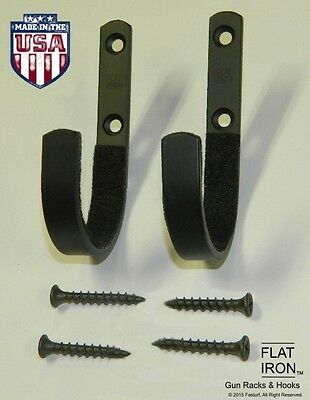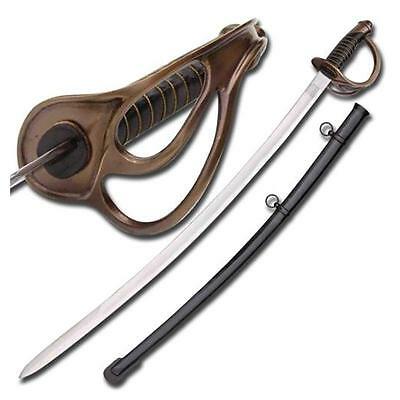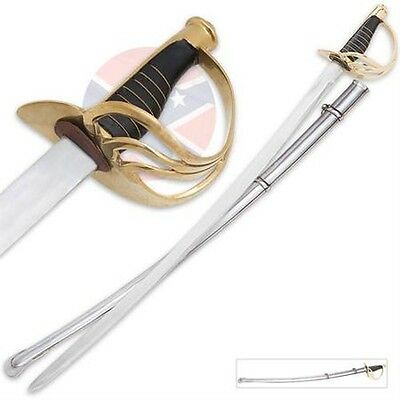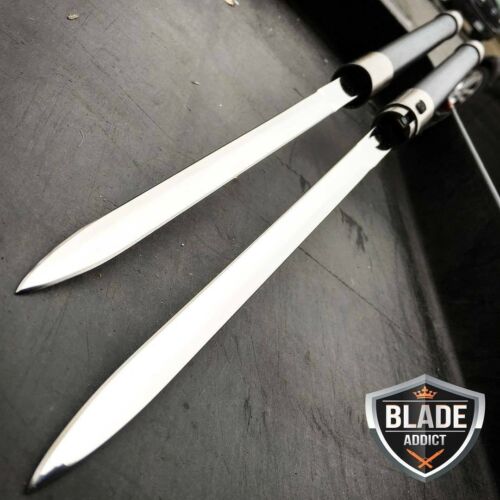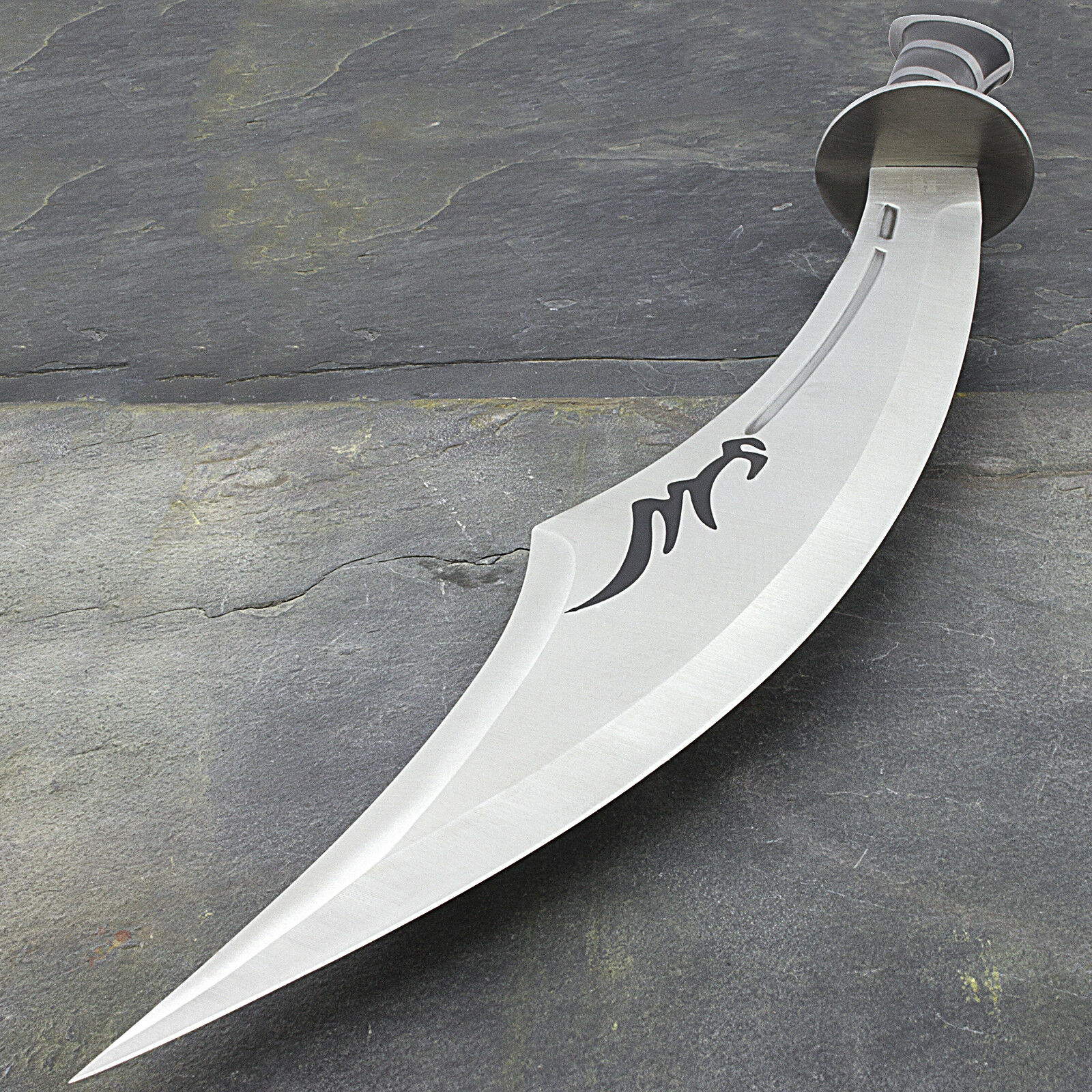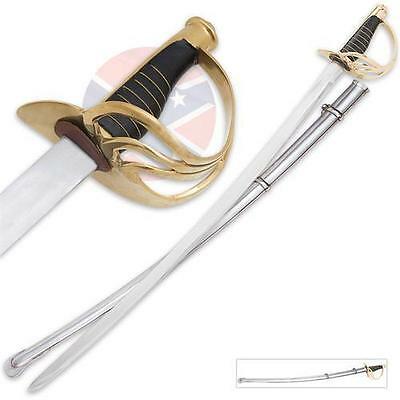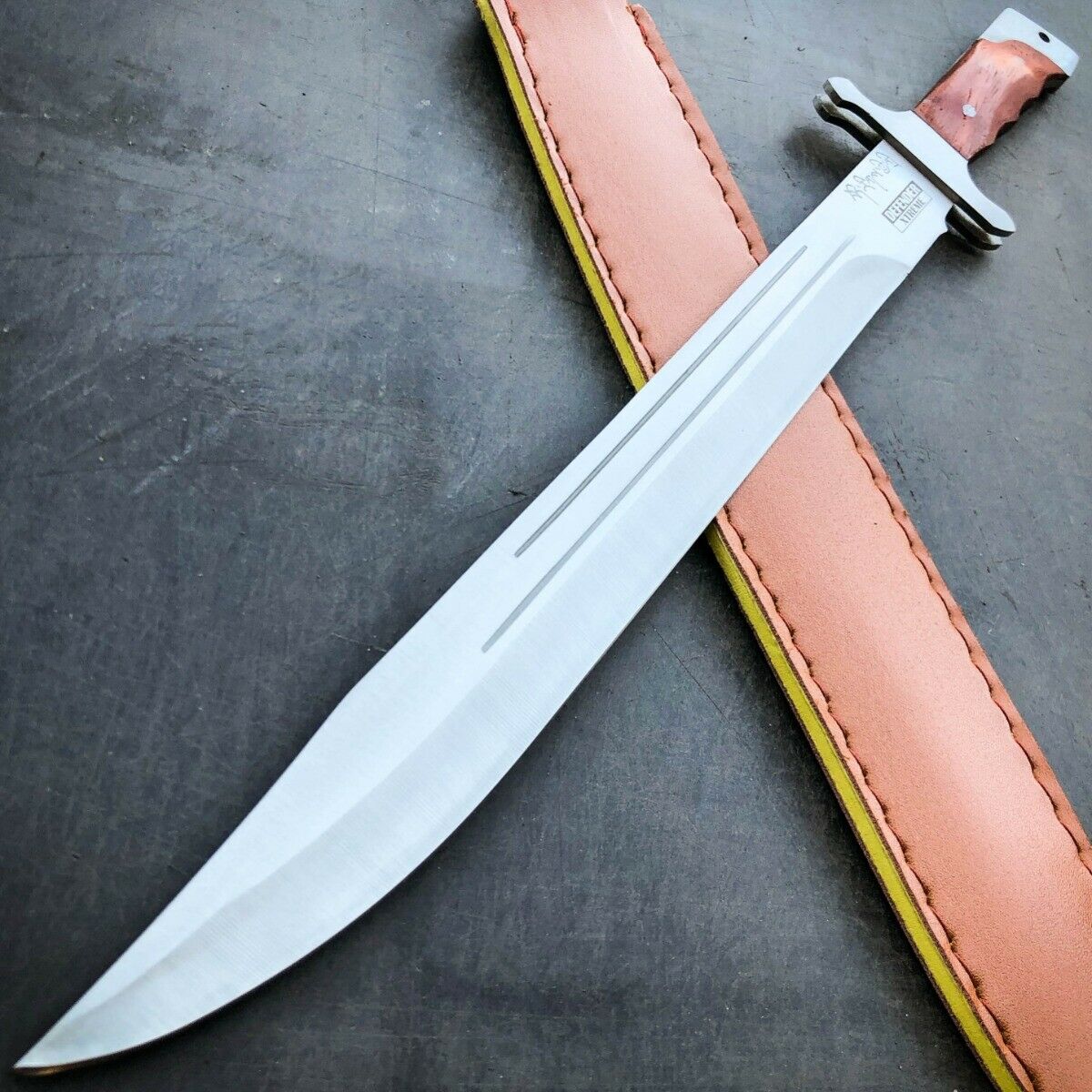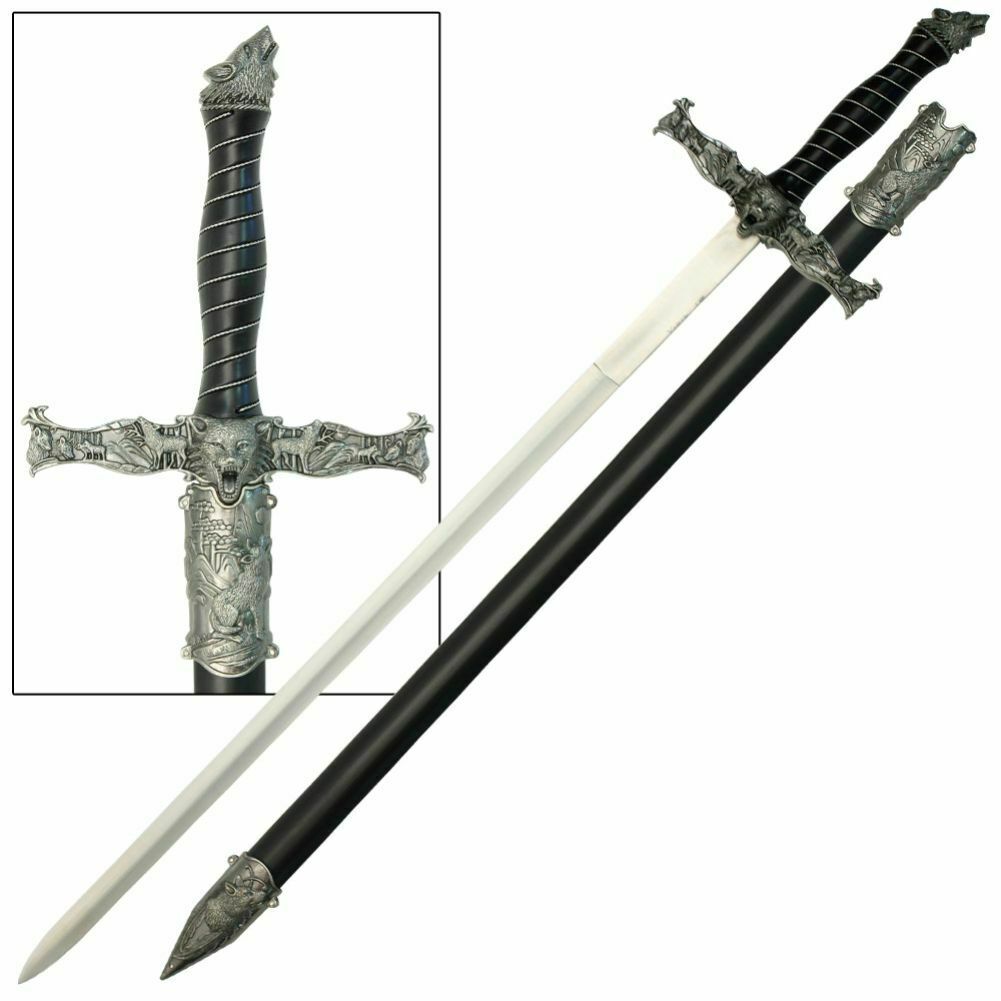-40%
EARLY 20TH C FRENCH WALKING CANE, BASQUE. LARRESSORE MAKILA. MAKHILA #9317
$ 396
- Description
- Size Guide
Description
The walking cane of the BasquesAn early 20th century walking cane from France, Basque country, turned polished horn top, the handle of the cane of iron wrapped with woven leather, section missing, a brass collar stamped "NERE LAGUNA ETA LAGUNTZA" (my friend and helper). The cane of Medlar wood with raised decoration along the whole length, the bottom brass section with an iron point, the brass section decorated with a punched design and words "MEILLEUR OUVRIER DE FRANCE 1936" (Best French Craftsman. 1936) and "AINGIART BERGARA LARRESSORE" (This is where it was made). The owners collection label, a crown above "H" attached. The top section unscrews to show a spear point. Overall 36 inches.
#9317yl
The diploma for the worker who this cane was presented to can be seen in the original workshop of the maker ,
Makhila Ainciart Bergara,
Inthalatzia
Ouest, Fronton, 64480 Larressore
Formerly in the collection of Prince Henrik of Denmark, 1934-2018, (see photo)consort to Queen Margrethe of Denmark, his collection of African art formed over many years during his visits to Africa in his role as Ambassador of the Red Cross. This item was either presented to him or collected by him during his years of travel in Africa. His collection was displayed
at the Gammel Holtgaard art museum in Holte for 3 months in 2009 and
was then returned
to their place in the royal couple's private apartments at Fredensborg Palace.
Below this paragraph was copied from the makers website, they have on display the diploma for the recipient of this cane
You may follow the various stages in the making of the makhila, using the ancient work benches, or count the medlar branches drying for years in the racks before use. You will see the diploma of "Meilleur Ouvrier de France" (best French craftsman) won in 1936 for the perfect fitting of the knobs and pommels of the makhila d'honneur.











